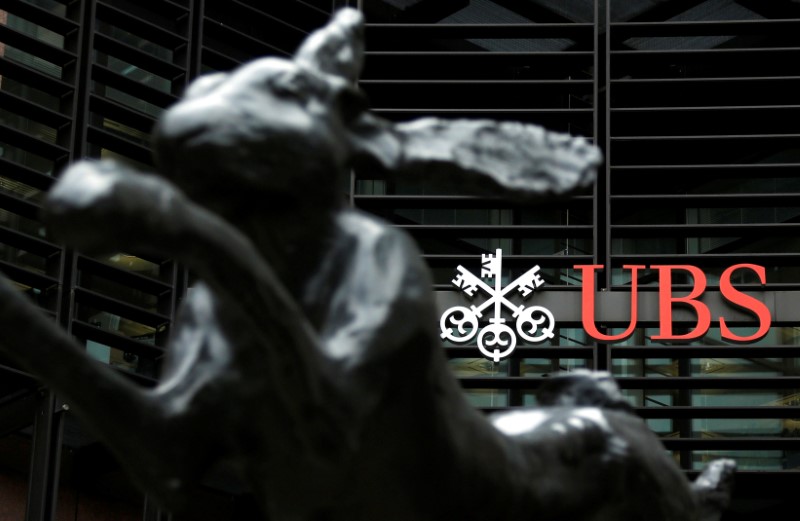Investing.com -- Switzerland-listed shares in UBS Group AG (SIX:UBSG) touched their highest level since 2008 on Thursday after the bank announced that it would absorb the domestic unit of Credit Suisse (SIX:CSGN).
The Swiss bank said the move would result in 3,000 job losses in the coming years, although Chief Executive Sergio Ermotti noted that these reductions would mainly come through retirements or voluntary departures. Branding for 167-year old Credit Suisse will also be eliminated.
UBS said it is aiming to finish the merger by the end of 2026, adding that it expects to achieve more than $10 billion in cost-savings. It earlier estimated that it would register savings of $8B by 2027. Meanwhile, analysts quoted by Reuters expect between 30,000 to 35,000 jobs to be slashed globally.
The shotgun marriage, which was overseen by Swiss government officials desperate to avoid a broader financial meltdown after depositors pulled tens of billions out of Credit Suisse, marked an unprecedented fusion between two systemically crucial banks.
However, the tie-up of two of the country's largest companies has become a major point of debate ahead of Switzerland's national elections in October. A poll taken after the merger in March showed that three-quarters of Swiss citizens were against UBS absorbing Credit Suisse's local arm.
UBS had considered spinning off Credit Suisse's Swiss business -- the only profitable segment of the wider group last year -- into a standalone entity. But Ermotti argued in a statement that the full integration of the division is the "best outcome" for UBS, its stakeholders and the broader Swiss economy.
Despite lingering concerns over the complexity of bringing together such large organizations, analysts mostly welcomed UBS's decision.
"[W]e think clarity on this point is an important milestone, and we view it as a positive for the shares, given the high profitability and stability of the Swiss business," analysts at Morgan Stanley (NYSE:MS) wrote in a note.
UBS reported $29B in pre-tax profit in the second quarter on Thursday due mostly to an accounting gain from the takeover. Stripping out the one-off boost, the figure stood at $1.1B.
